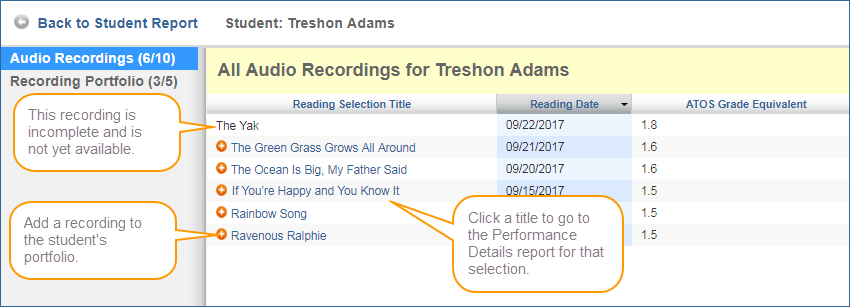

Perhaps collection and write-off history are not the most relevant factors in assessing ability to pay. This doesn’t mean that the Department’s specific changes made sense. The real question is about a system of higher education that is dependent on parents taking out relatively expensive loans with limited flexible repayment options. There is no question that the changes harmed many colleges’ bottom lines, which also harms students.
#STUDENT ASSISTANT PLUS PLUS#
The Department responded first by making some changes to the borrower appeals process and then in August 2013, agreeing to review the rules in upcoming negotiated rulemaking sessions and in the meantime taking steps to make it easier for parents who were initially denied PLUS loans to receive loans on appeal. The Huffington Post even reported that at least some HBCUs were considering suing the Administration over the changes.Īffected schools and their allies pushed the Department to reconsider the restrictions. For example, PLUS loan denials increased by 50% for parents of students at historically black colleges and universities (HBCUs), costing the institutions about $50 million in enrollment revenue. Yet the outcry from the Department’s rule changes centered on the harm to schools, not borrowers.
#STUDENT ASSISTANT PLUS FULL#
If they default, parent PLUS borrowers face the full range of draconian government collection powers. The dangers of PLUS loans are very real to these borrowers. If the borrowers decide to separate their PLUS loans and non-PLUS loans and apply for IBR only for the non-PLUS loans, they will find that their often significant PLUS loan debt is not considered in determining the IBR payment because PLUS loans are not eligible loans. (See the Department’s answer to Q12 explaining this option). It is true that some parent PLUS borrowers can consolidate their PLUS loans and apply for ICR (which has higher payments than IBR), but even this option can be complicated. Most distressing of all, parent PLUS borrowers are not eligible to repay through the income-based repayment programs. Going forward, the new fixed rate (at least for now) is 6.41% with origination fees of just over 4%.

Most Direct PLUS loans have fixed interest rates of 7.9%. The fact that so many PLUS loan borrowers are struggling should not be all that surprising given the rough economic conditions in our country, combined with the relatively high cost of PLUS loans and the limited number of repayment options. The decision stemmed at least in part from concerns about increased PLUS loan borrowing, very high PLUS loan acceptance rates and increased default rates. (We don’t really know the extent of PLUS loan defaults, however, because the Department does not include PLUS loan in the cohort default rate statistics).

In 2011, the Department tightened the credit standards for parent PLUS loans by deciding to go back five years instead of just 90 days in looking at a borrower’s delinquent accounts and charge-offs. Parents can appeal denials based on extenuating circumstances. Basically, the government will deny an application if the parent is considered delinquent for 90 days or more on the repayment of a debt or has been the subject of a default determination, bankruptcy discharge, foreclosure, repossession, tax lien, wage garnishment, or write-off of a student loan in the past 5 years.

PLUS loans are the only federal student loans that come with some “creditworthiness” requirements.


 0 kommentar(er)
0 kommentar(er)
